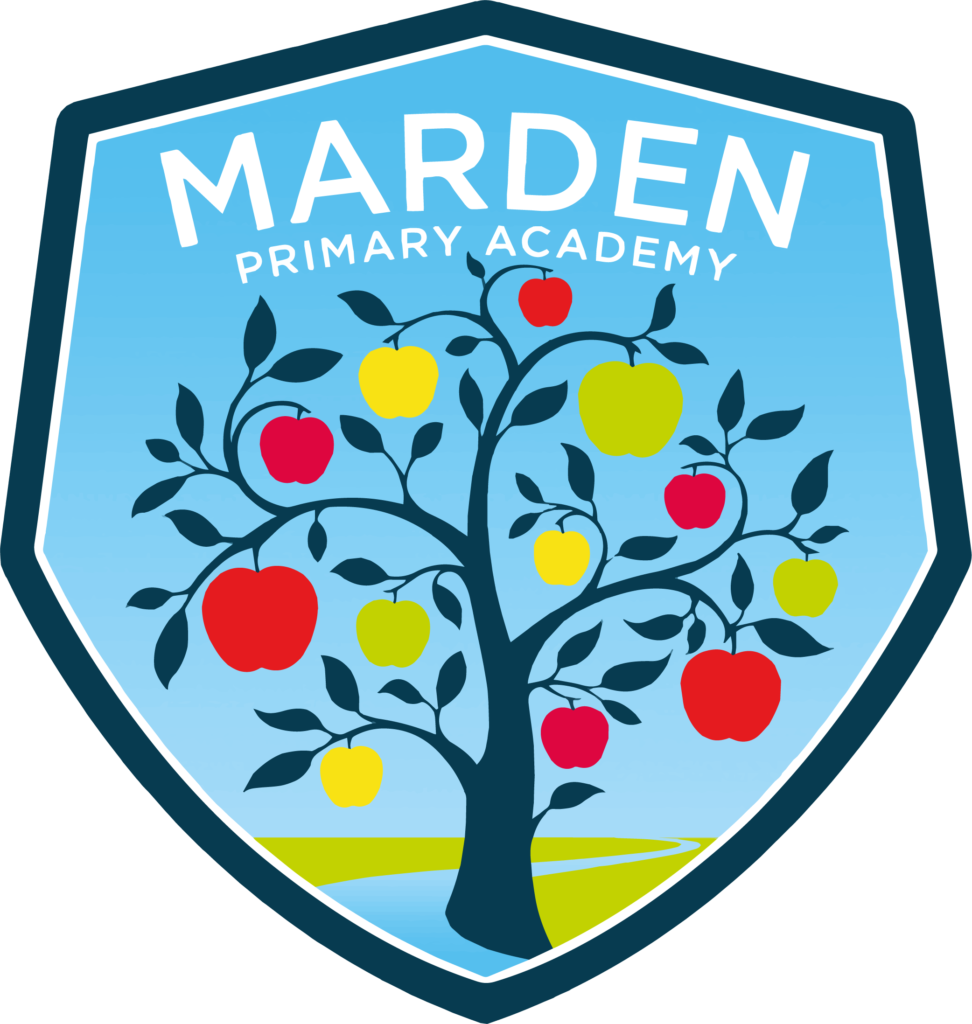At Marden Primary Academy, we are digital innovators. We want our children to understand the potential of technology and start to build computing skills for the future. We want them to become digital creators, using technology to support other areas of their work and lives, and also to understand the responsibilities of being digital consumers on their time, relationships and wellbeing. Our Computing curriculum strives to develop resilient, reflective, creative and independent learners. It also engages our children, through the creative use of technology, to prepare pupils for the demands of the 21st century and the technological world that awaits them in the future. We teach them to become good digital citizens, to know how to stay safe and keep others safe online, to be aware of the need to test out what and who they see and the importance of what they share in creating their own digital footprint.
The subject leader for Computing will meet the senior leadership team and representatives from the Trust on a regular basis to evaluate provision in order to ensure that teaching and learning in Computing is highly effective. Where necessary, staff will receive coaching and training in Computing.
- Clearly defined end goals are set in order to guide children to achieve their potential. This ensures work is demanding and matches the aims of the curriculum while still fulfilling the requirements of a PYP approach.
- High quality teaching responds to the needs of children. Teachers actively responding to learning, understanding and work in lessons in order to identify misconceptions early.
- High quality input from experts and educational resources complement the delivery of specialist learning admirably. Children understand how Computing is used in the wider world including careers.
- We endeavour to expose students to a variety of software, programs, and equipment in order to offer a range of appropriate challenges and experiences.
- Children are happy learners who have a thorough grasp of computing knowledge. They experience a wide range of learning and are encouraged to be creative and collaborative in order to express their ideas and challenge themselves.
- Children of all abilities and backgrounds achieve well in Computing reflected in outstanding progress that reveals a clear learning journey.
- We want learners to discuss, reflect and appreciate the impact computing has on their learning, development and well being.
- The way pupils showcase, share, celebrate and publish their work will best show the impact of our curriculum. We also look for evidence through reviewing pupil’s knowledge and skills digitally through Google tools and observing learning regularly.


